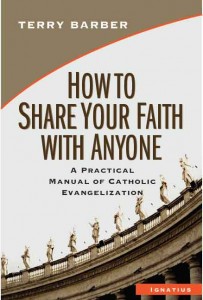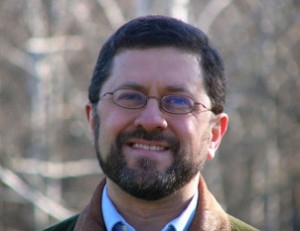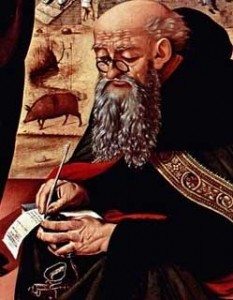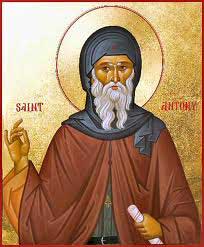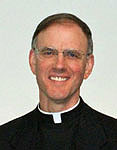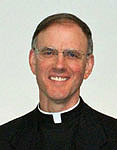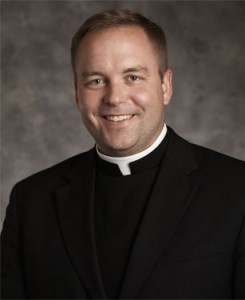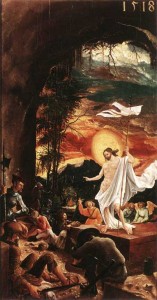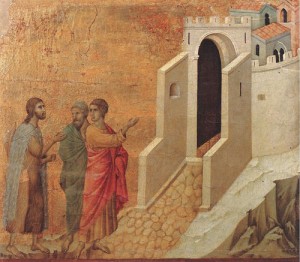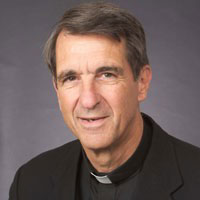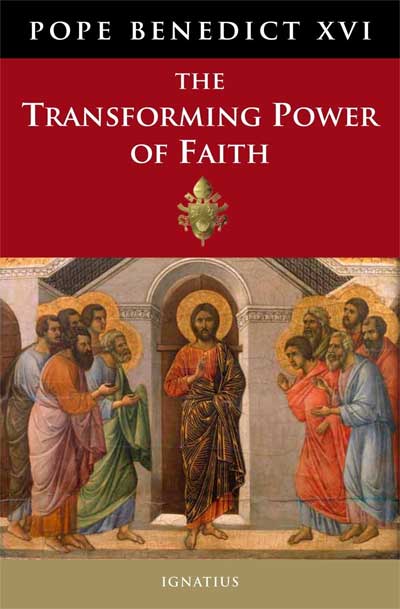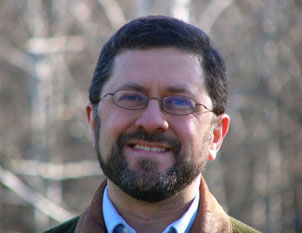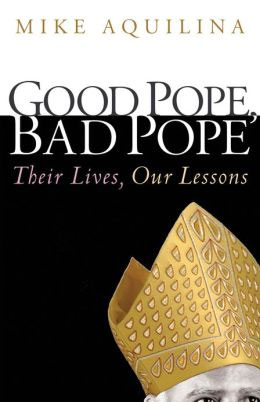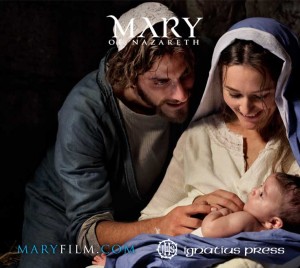Terry Barber is a pioneer in the New Evangelization. He is the founder of Saint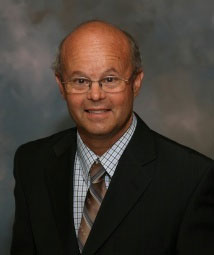 Joseph Communications, Inc., Lighthouse Catholic Media and is a co-host for Reasons for Faith Live with Jesse Romero on EWTN Radio Network. His book, “How to Share Your Faith with Anyone: A Practical Manual of Catholic Evangelization”, is an ideal resource for anyone who desires to share the Good News and become an effective evangelist for Christ. Immensely practical, Terry’s work is an important addition to the apologetic lexicon. Our conversation was a joy for me to be a part of. It’s easy to see why Terry Barber is so great at what he does; his joy, found in his faith, is infectious and grace-filled.
Joseph Communications, Inc., Lighthouse Catholic Media and is a co-host for Reasons for Faith Live with Jesse Romero on EWTN Radio Network. His book, “How to Share Your Faith with Anyone: A Practical Manual of Catholic Evangelization”, is an ideal resource for anyone who desires to share the Good News and become an effective evangelist for Christ. Immensely practical, Terry’s work is an important addition to the apologetic lexicon. Our conversation was a joy for me to be a part of. It’s easy to see why Terry Barber is so great at what he does; his joy, found in his faith, is infectious and grace-filled.
Podcast: Play in new window | Download (Duration: 27:49 — 25.5MB) | Embed
Subscribe: Apple Podcasts | Spotify | Amazon Music | Android | Pandora | iHeartRadio | JioSaavn | Podchaser | Gaana | Podcast Index | Email | TuneIn | Deezer | Anghami | RSS | More
You can find the book here
“Before it was fashionable to talk about the New Evangelization, Terry Barber was already doing it. His book is a practical manual written from decades in the trenches. After laying the foundation for what evangelism is and why Catholics need to evangelize, the veteran evangelist gives practical training and application to the troops. Soldiers of Christ, grab this book, arise and share your faith!” —Steve Ray. Host, The Footprints of God film series
“Terry Barber has long been one of the Church’s finest evangelists. His excellent book shows us how the new evangelization requires new apologetics – a new way to explain why the Church’s teachings are true and why Jesus is the answer to the deep desires of the human heart.” —Most Reverend Jose Gomez, Archbishop of Los Angeles

